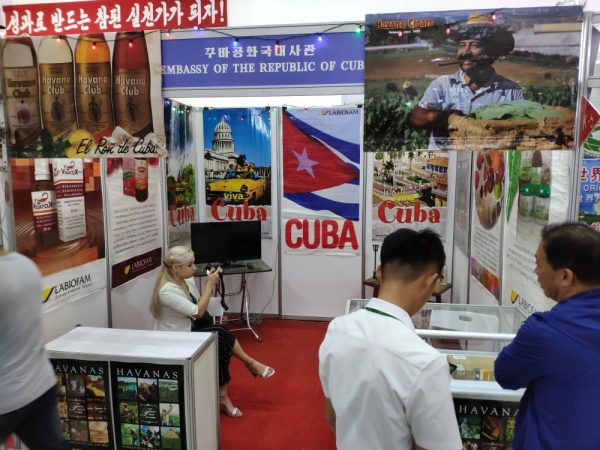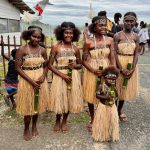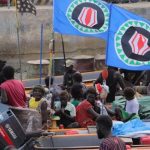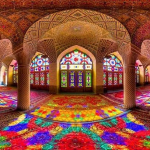
Geographically speaking, it would be entirely unpredicted that the northern part of the Korean peninsula in East Asia and an island in the Caribbean just south of Miami would have such a close relationship like Cuba and North Korea
But the DPRK, Democratic People’s Republic of Korea, or North Korea as it is commonly referred to, and the Republic of Cuba, have maintained close comradely relations ever since they first established diplomatic relations in 1960, shortly after the Cuban Revolution brought Fidel Castro’s nascent communists to power in Havana.
In Korean media and official pronouncements Cuba is lauded as a brotherly country on the road to socialism. Even though Cuba does not of course talk about Juche, it is the common cause of socialism that binds them together.
Che Guevara and Fidel Castro in North Korea
Soon after establishing relations, the Cuban diplomat Ernesto ‘Che’ Guevara even visited Pyongyang and exclaimed that the DPRK is a model of socialism for Cuba to follow. Indeed, while the image of famine-stricken North Korea is embedded in the conscious of most people now, in the 1960s the DPRK was actually far ahead of South Korea on all economic indicators and proudly pursuing its industrial and agricultural development.
To Che the DPRK was an amazing example of a country resurrected on the ruins of American bombs.
In 1986, Fidel Castro himself paid a visit to Pyongyang, and Cuba boycotted the Seoul Olympics in 1988 out of solidarity with the DPRK. When Fidel died in 2016, Kim Jong Un paid a visit to the Cuban Embassy in Pyongyang to pay his respects and the whole of the DPRK was put into 3 days of official mourning.
Fidel and Kim Il Sung had of course both started their revolutionary movements from the mountains ending with taking power in their respective countries. Both countries were also kind of mavericks within the socialist bloc, striving to go their own ways and support neither the USSR or China against one another.
One other thing which bound them together was of course the threat of US invasion and the war against American sanctions.
In 2018, shortly after taking power, Cuban President Miguel Diaz-Canel also visited Pyongyang, paying particular attention in his official pronouncements to the ending of sanctions.
Cuba and North Korea: Socialist International Relations?

So how do two fraternal socialist countries conduct their business? Well, in 2016 before the death of Fidel the DPRK and Cuba officially put in place a “barter trade” system. This means that money does not change hands, but things like industrial and agricultural equipment as well as arms of course can change sides easily.
The DPRK under President Kim Il Sung did send arms shipments to Cuba, reportedly free of charge, which led Fidel to describe him as a friend of Cuba and “irreproachable combatant”. Cuban doctors have also been sent to North Korea.
The relationship has not been without its difficult moments of course, including one incident with Cuban physicians in the DPRK. The two countries have also followed different paths; while Cuba was reliant on Soviet weaponry during the Cold War the DPRK pushed for military self-reliance in the songun way, while Cuba under Castro did not push the worship of individual leaders through statues and other means to nearly the same extent.
Ultimately, Cuba and the DPRK, through their geographic isolation and with the post-Cold War lack of a ‘Socialist Camp’, are not at any risk of being at odds with each other. So this is a relationship born through history that continues for practical reasons.





